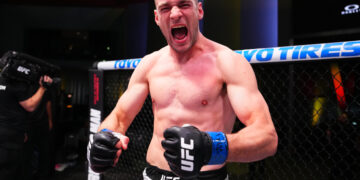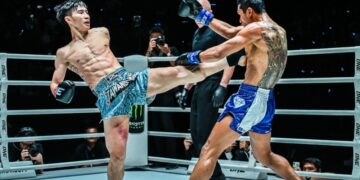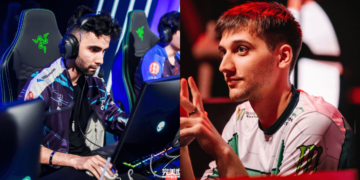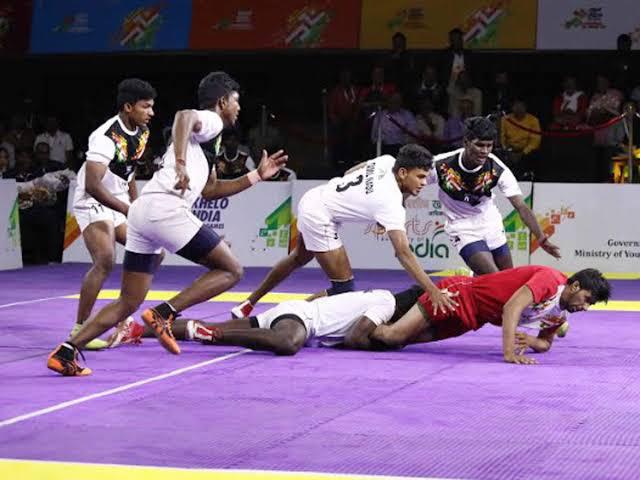Training in Singapore is a whole different beast. If you’ve just moved here or recently started your Muay Thai, Brazilian Jiu-Jitsu, or boxing journey, you’ve probably already felt it. The moment you step outside, the humidity hits like a wall. You sweat before the warm-up even starts. Your shirt sticks to you, and just walking to the gym can feel like a workout on its own.
So what’s going on? Singapore’s climate is classified as tropical rainforest. That means it’s hot and humid almost all year round, with temperatures hovering between 25 °C and 32°C, and humidity levels usually above 80%. On top of that, we also get occasional hazy periods when air quality dips due to regional forest fires. All of this impacts how we train and recover. But don’t worry, the body adapts; you just need to know how.
1) Humidity And Sweat: Why You’re Drenched So Fast
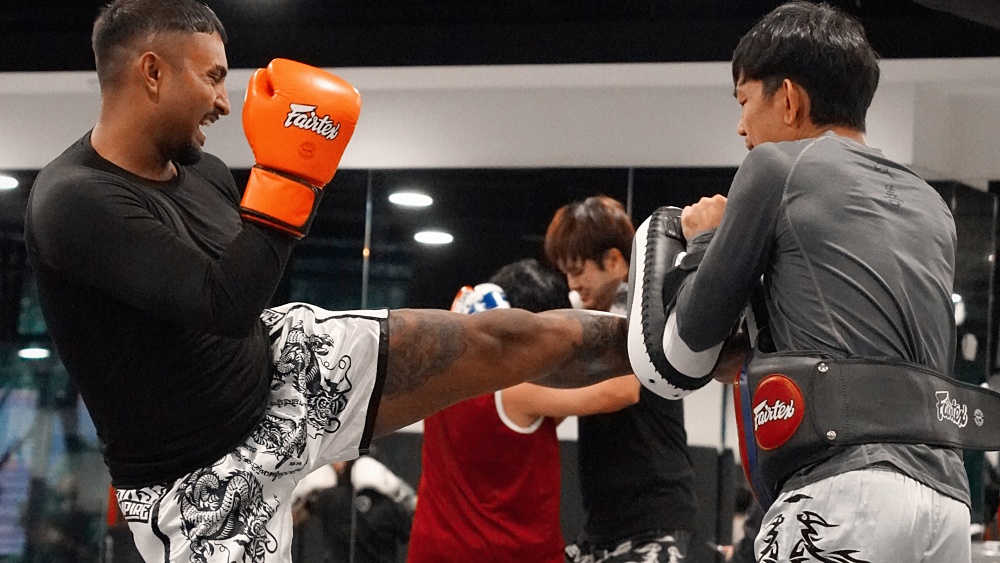
In Singapore’s humid climate, sweat doesn’t evaporate easily—making it harder to cool down and causing quicker fatigue during training, so stay hydrated, wear moisture-wicking gear, and train in ventilated spaces.
In humid climates like Singapore, sweat doesn’t evaporate as quickly. That’s a big deal because sweating is your body’s natural cooling system. In drier countries, the sweat evaporates fast, cooling you down. Here, it simply sits on your skin, making you feel sticky and causing you to overheat more quickly.
This means your body works harder to regulate temperature. During intense martial arts training like Muay Thai pad work or BJJ rolling, your heart rate goes up faster, and you may fatigue more quickly than you’re used to if you’re from a cooler, drier country.
What To Do About It:
- Hydrate before, during, and after training. Don’t wait until you feel thirsty.
- Wear breathable clothes. Moisture-wicking fabrics really help.
- Train indoors when possible; most gyms in Singapore are air-conditioned or at least well-ventilated.
2) The Heat Can Trick Your Body
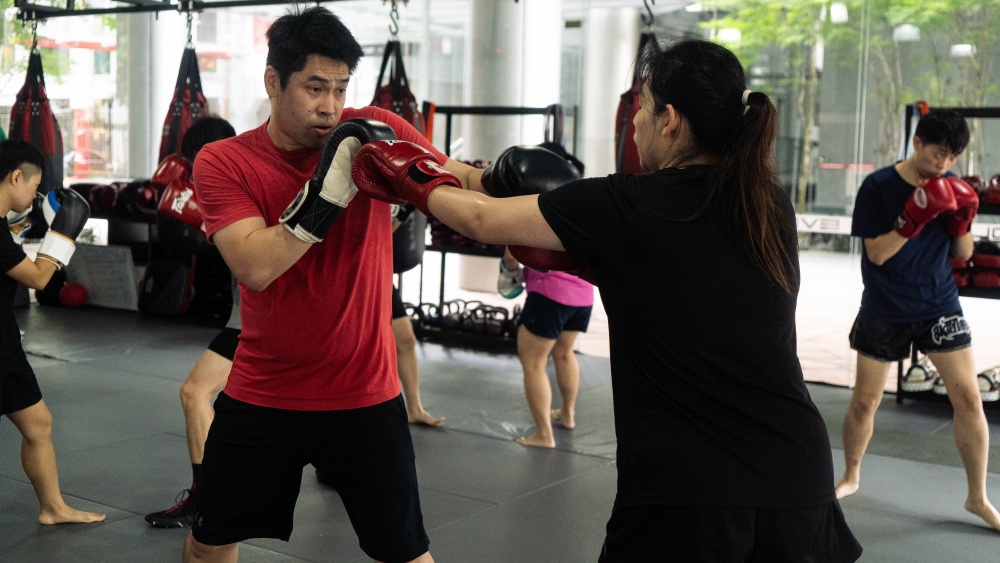
In hot climates, your body works harder to cool down, making workouts feel tougher—so ease in, focus on technique, and give yourself 1–2 weeks to acclimate.
In hotter climates, your rate of perceived exertion (RPE) goes up. That means you feel like you’re working harder, even if your output is the same or lower. A five-minute boxing round can feel like ten. It’s not just in your head; it’s physiological.
The heat causes more cardiovascular strain, and your body uses more energy to cool itself. For beginners, this can feel discouraging. But it’s not a sign of weakness. It’s just your body adjusting.
How To Get Used To It:
- Start slow. Don’t jump into back-to-back Muay Thai and BJJ sessions if you’re not acclimated.
- Give your body 1–2 weeks to adjust when arriving in Singapore or returning from overseas.
- Focus on technique during the first few weeks of acclimating, instead of maxing out intensity.
3) Air Quality And Haze: When To Be Cautious
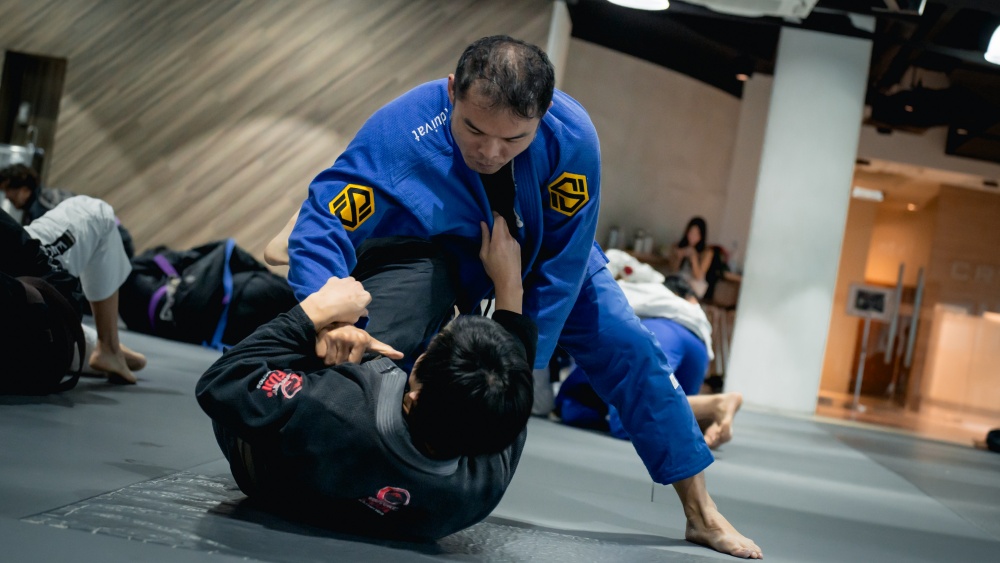
During Singapore’s haze season, poor air quality can strain your lungs during training—check the PSI, train indoors, and rest if breathing feels tough.
Singapore’s air is generally clean, but during the haze season (usually between August and October), the PSI (Pollutant Standards Index) can shoot up. When that happens, you may notice coughing, a dry throat, or even difficulty breathing during intense training.
It’s especially important to monitor air quality if you have asthma or other respiratory conditions. Martial arts like boxing and BJJ are very cardio-intensive. If the air quality is poor, your lungs will have to work much harder to get oxygen in.
Tips For Haze Season:
- Check the PSI index before outdoor runs or workouts.
- On hazy days, train indoors with air purifiers or air-conditioning.
- If you have trouble breathing or feel tightness in your chest, take the day off. Remember, recovery is part of progress.
4) Comparing To Other Countries
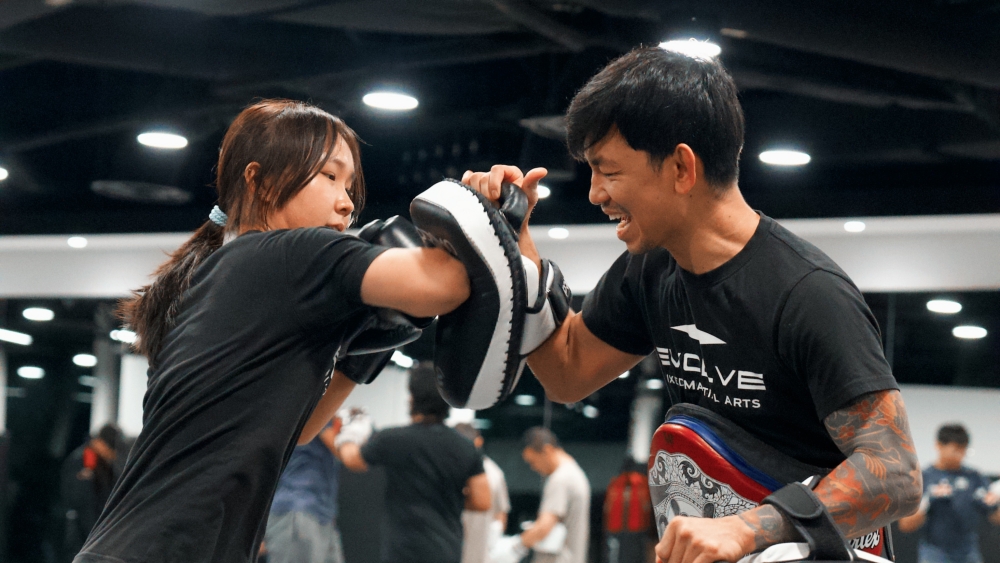
Training in Singapore’s humid urban heat feels tougher than in cooler countries—adjust your pace and expectations to suit the environment, not compare it.
If you’ve trained in Australia, Europe, or the US, you’ll notice a huge difference. Many of those places have cooler, drier weather. That makes outdoor training easier and more comfortable. You might even feel more energetic training there.
In places like Thailand or the Philippines, the climate is more similar, so Muay Thai fighters who have trained at Thai camps will be somewhat used to it. But even then, Singapore’s urban heat can be more intense due to the “urban heat island” effect, where buildings and roads absorb and radiate heat, making cities feel warmer than surrounding rural areas.
Bottom line: It’s not about comparing which is better. It’s about adjusting your training to fit the environment you’re in.
5) Adapting Your Martial Arts Routine

Singapore’s heat demands smarter training: shorten warm-ups, extend cool-downs, stay hydrated with electrolytes, and don’t skip rest days to avoid burnout.
Singapore’s climate requires you to pay more attention to how your body feels. Here’s how to adapt your Muay Thai, boxing, or BJJ routine:
- More Warm-Ups, But Shorter: Because your muscles are already warm due to the heat, you can keep warm-ups efficient. Focus more on mobility and joint prep.
- Longer Cool-Downs: Stretching and foam rolling after training helps lower your heart rate and ease recovery in a hot, sticky climate.
- Don’t Skip Rest Days: Your body needs time to adapt to heat stress. Overtraining in Singapore’s heat can lead to dehydration, sleep issues, and fatigue.
- Fuel Up Properly: You lose more minerals through sweat. Replenishing with electrolytes, such as coconut water, bananas, or a pinch of salt in your water, can help.
6) Mental Strength And Climate

Training in Singapore’s heat builds more than skill—it forges discipline and mental toughness that carries over into every part of life.
Singapore’s weather can test your discipline. The temptation to skip training because “it’s too hot” is real. But it’s also an opportunity to build mental toughness. Showing up despite the heat, pushing through discomfort, these habits spill over into your fights, your rolls, and even life outside the gym.
When you commit to training in Singapore’s climate, you’re not just building strength and technique, you’re building grit!
7) Your Body Will Adjust If You Let It
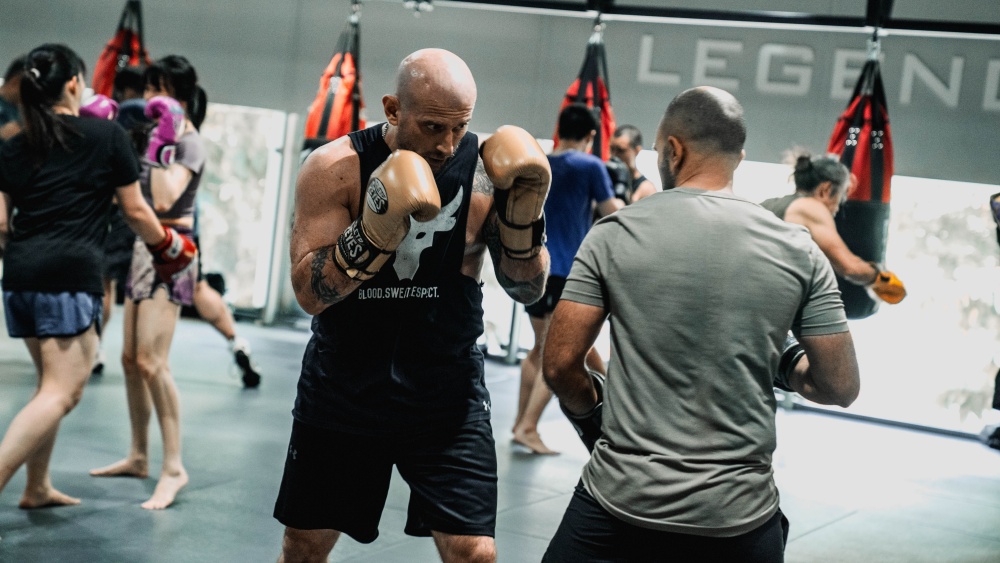
With 2–3 weeks of consistent training in Singapore’s heat, your body adapts—sweating smarter, lasting longer, and handling the climate like a pro.
The human body is amazing at adapting. After 2 to 3 weeks of consistent training in Singapore, most people begin to notice a difference. You’ll train more efficiently, feel less fatigue, and be mentally sharper for each session.
If you’ve ever watched pro fighters train in Thailand, you’ll see how well-conditioned they become in tropical climates. It’s not just genetics or talent. It’s consistency and smart recovery.
Final Thoughts
Training martial arts in Singapore, whether it’s Muay Thai, Brazilian Jiu-Jitsu, or boxing, comes with its own set of challenges thanks to the climate. But with the right mindset and some smart adjustments, it can actually give you an edge. Hot, humid weather forces you to pay closer attention to hydration, recovery, and technique. It humbles you. And over time, it hardens you.
So, embrace the sweat. Learn to breathe through the heat. And remember, every time you show up on the mat or step into the ring, you’re not just training your body, you’re training your will. Come to any of our Evolve MMA outlets now and start your journey with our free complimentary trial classes.
Book your complimentary trial class with our World Champions below!
If you have any other questions regarding Evolve MMA and the programs we offer, you can get in touch with our membership executives at the following locations:
Evolve MMA (Orchard Central)
181 Orchard Road
#06-01 Orchard Central
Singapore 238896
Phone: Evolve MMA (KINEX)
11 Tanjong Katong Road
#02-52 KINEX
Singapore 437157
Phone: Evolve MMA (Star Vista)
1 Vista Exchange Green
#02-26A The Star Vista
Singapore 138617
Phone: (65) 6539 9590
In Singapore, modern life often means spending hours sitting in a chair on most days. Working at your desk, commuting on the MRT, and streaming marathons all add up to a whole lot of sitting,…
You’ve probably heard that martial arts training builds character, discipline, and confidence, but did you know it can also help children with attention-deficit/hyperactivity disorder (ADHD) manage their symptoms? In a fast-paced, academically driven place like…
In a city as fast-paced and high-performing as Singapore, finding time to take care of your health can feel like a luxury. Between juggling demanding jobs, long commutes, and constant digital distractions, our urban lifestyle…
Your child might be getting bullied if their lunch money often ends up missing, their clothes are torn, or they’re starting to come up with creative lists of excuses to skip school. Bullying is never…
Bullying remains a serious problem worldwide. Over 30% of students globally have been victims of bullying, according to a UNESCO report. The consequences of bullying aren’t trivial either, with victims often feeling humiliated and helpless….
Whether you’re hitting the heavy bags in Muay Thai, rolling hard in Brazilian Jiu-Jitsu (BJJ), sharpening your jab-cross combos in boxing or just hitting the gym for a quick workout, one thing’s for sure: your…
BJJ is known for its constantly evolving submission game, and among the many ways to finish a match, the “bar” submissions stand out as some of the most fundamental and effective. These submissions, which typically…
The term “smesh” became globally popular thanks to MMA superstar Khabib Nurmagomedov, but there’s much more to this than just a catchy quote. Behind it lies a brutal, relentless, and highly effective grappling system deeply…
Along with its rich cultural heritage, Brazil is one of the most respected countries in grappling and is widely regarded as a powerhouse. Creating its own identity, Brazil’s distinctive approach to fighting has shaped what…
Tennis balls aren’t just for tennis players. They’re also a valuable tool for boxers looking to enhance their agility, coordination, and reflexes. Incorporating tennis ball drills into your boxing training regimen can significantly improve your…
Teen Muay Thai sensation Johan Ghazali may be facing adversity, but his journey is far from over. Here’s why his youth, talent, and experience in the world’s toughest arena means that his comeback could be…
Finding the ultimate cardio activity can make training feel like the best part of your day, instead of being just another box to check in your daily calendar. You love a good sweat session, but…











